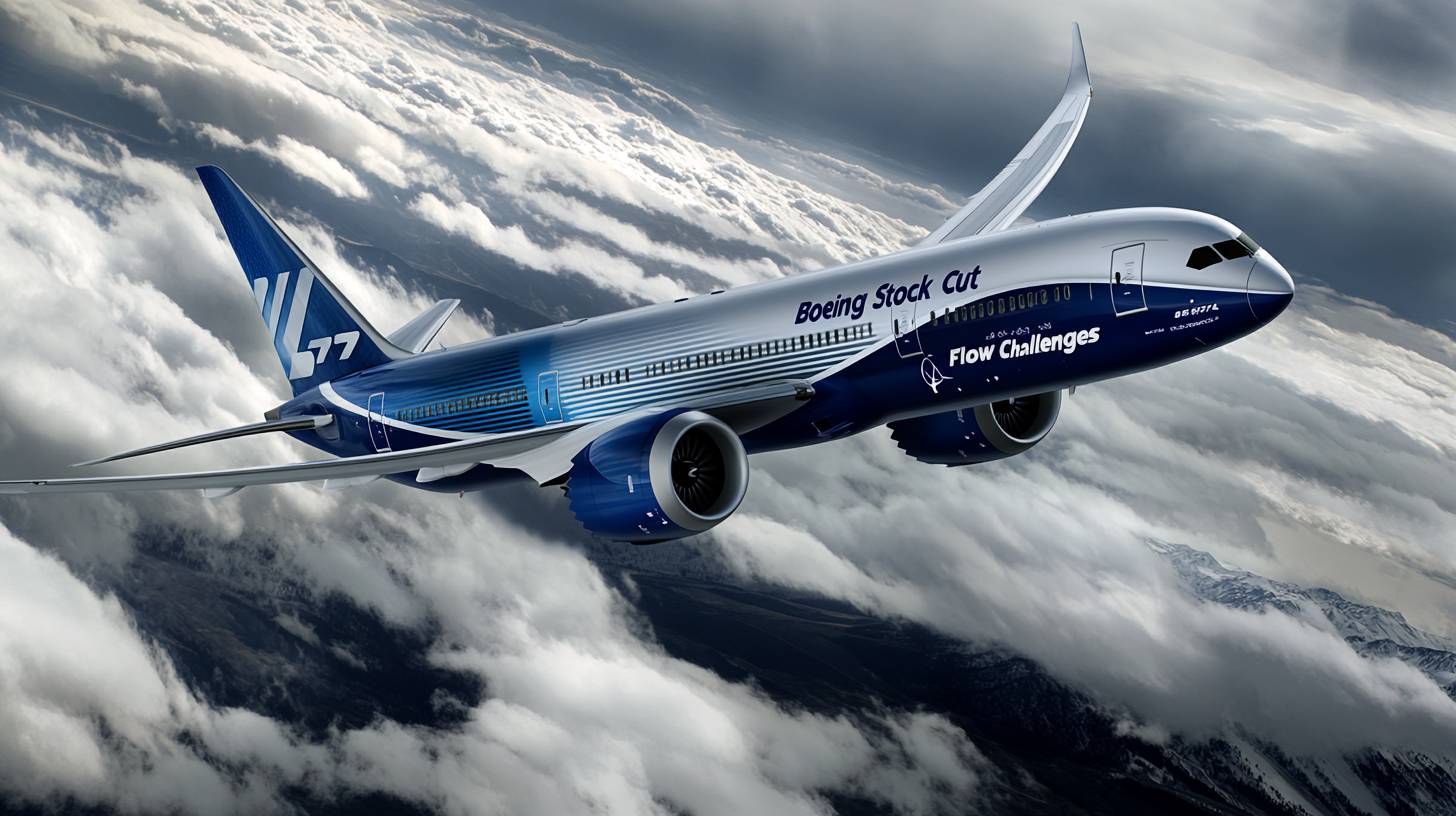
Boeing’s continual quality and safety issues
Boeing is facing ongoing significant quality and safety challenges that have greatly affected its reputation and financial position. The aircraft manufacturer, still recovering from the aftermath of two tragic 737 Max crashes in 2018 and 2019, has been working to reestablish faith in its aircraft. These accidents, which resulted in 346 fatalities, led to the worldwide grounding of the 737 Max by aviation regulators, casting a long shadow over Boeing’s operations.
In spite of attempts to regain trust, including obtaining authorization to resume 737 Max deliveries to China earlier this year, Boeing’s advancements have been hindered by additional setbacks. A significant event occurred in January when a door plug on a different version of the 737 Max blew during an Alaska Airlines flight, necessitating an emergency landing with 171 passengers aboard. This occurrence has only heightened the worries surrounding Boeing’s aircraft safety.
Furthermore, the Federal Aviation Administration (FAA) issued an airworthiness directive earlier this spring, requiring inspections of 158 airplanes, including the 737 Max, after a 787 Dreamliner operated by LATAM Airlines underwent an uncontrolled nosedive. This incident, injuring about 50 passengers, highlights the ongoing quality problems that continue to afflict Boeing’s fleet.
Such challenges have not only damaged Boeing’s reputation but have also strained its relationships with regulators and investors. The company has initiated measures to tackle these problems, including appointing a new CEO, Kelly Ortberg, to take over from the retiring Dave Calhoun. Ortberg’s task includes rebuilding credibility with regulators and investors, a challenge exacerbated by the relentless quality and safety issues that persistently trouble the company.
Financial difficulties and cash flow worries
Boeing’s financial difficulties have become increasingly apparent, with the company confronting major obstacles in managing its cash flow and debt levels. The planemaker reported a loss of .4 billion in the three months ending in June, marking yet another quarter of financial hardship. This follows a cash burn of .33 billion in the second quarter, adding to the .93 billion spent in the first three months of the year. These figures accentuate the ongoing financial pressures on Boeing, despite the global rebound in travel and the corresponding rise in aircraft demand.
Bank of America analyst Matthew Akers recently downgraded Boeing’s stock from ‘equal weight’ to ‘underweight,’ highlighting concerns about the company’s cash flow outlook. Akers mentioned that while Boeing has a “generational free cash flow opportunity” this decade, fueled by ramping production on established aircraft and minimal investment needs, the situation is not straightforward. He cautioned that extensive delays and added expenses are likely to initiate a new aircraft investment cycle, which could limit free cash flow in the years to come. Akers also suggested that an equity raise might be essential, potentially diluting existing shares’ value.
Boeing’s debt situation is equally alarming, with the company holding a net debt of billion on its balance sheet. Akers warned that reducing this debt would consume all of Boeing’s cash until 2030, a scenario that could further compromise the company’s financial health. The debt burden has already led to a downgrade in Boeing’s credit rating by Standard & Poor’s, which downgraded the group’s rating to BBB-, just one tier above ‘junk’ status. The rating agency indicated that additional downgrades could follow if Boeing’s financial performance does not improve.
Moody’s Investors Service and Fitch Ratings have also positioned Boeing at the lower end of the investment-grade spectrum, reflecting widespread concern among credit rating agencies regarding the company’s financial outlook. Boeing’s finance chief, Brian West, has acknowledged these challenges, emphasizing that preserving the company’s investment-grade rating is a top priority. West highlighted that Boeing is in regular discussions with all three rating agencies and is focused on enhancing operating performance, generating free cash flow, and lowering absolute debt levels.
Despite these reassurances, market sentiment remains doubtful. Boeing shares were marked 3.74% lower in premarket trading, suggesting an opening price of 7.25 each. This decline extends the stock’s six-month drop to around 17%, underscoring the ongoing apprehensions among investors regarding the company’s financial stability and future outlook.

